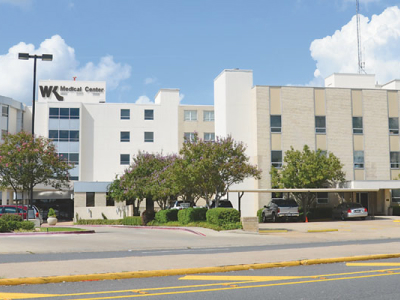Prostate Cancer
Overview
This is a common cancer in men. It forms in the prostate. That's a small gland at the base of the male bladder. Prostate cancer usually grows slowly, but it can spread to other parts of your body.
Risk Factors
We don't know what causes this cancer. Some things raise your risk. It's more common in men older than 65, and in African-American men. We see it more in men who eat a diet high in fat. And, your risk is higher if you have a family history of the disease.
Symptoms
During the early stages, most men don't notice any symptoms. As it progresses, you may have problems with urination. You may have blood in your urine or semen. Your legs may swell. You may have pain in your pelvic area. You may have pain in your bones.
Treatment
Care options depend on your cancer and when it's found. In the early stages, your doctor may think "watchful waiting" is best. During watchful waiting, you'll have regular blood tests, rectal exams and biopsies to monitor your cancer, but it won't be treated. For some men, that's enough. If your cancer progresses, your doctor may recommend options like chemotherapy, radiation treatment, hormone therapy and surgery.
Complications
Prostate cancer and its treatment can lead to complications. You can have trouble controlling your bladder. You may not be able to get an erection. And, you may develop cancer in other areas of the body. Ask your doctor for more information.













